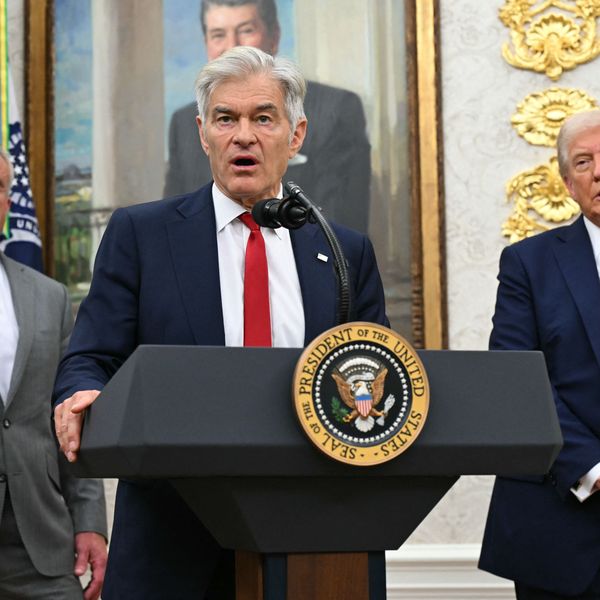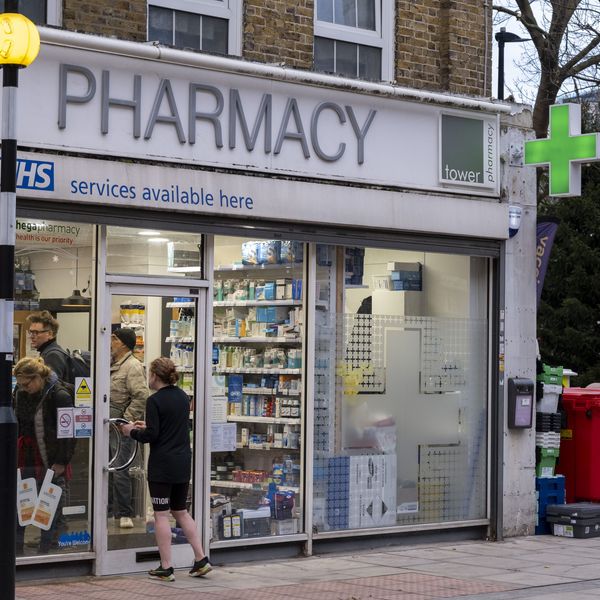GENEVA - The United States took a tough line yesterday in defense of drug companies' rights to patent protection of their medicines.
Though there were some signs of movement, the overall US stance dismayed the developing countries who cannot afford these drugs and threatened to open a gulf with the European Union.
Yesterday's talks left WTO rules still "unbalanced and tipped firmly in favor of the pharmaceutical giants".
-Phil Bloomer, OxfamThere was disappointment among the 50 developing states present yesterday in Geneva for an unprecedented one-day session of the World Trade Organization, called to discuss their concerns about drug patents.
They had hoped, led by the African countries, that the meeting would agree on a relaxation at least in the interpretation of the rules. This would allow poorer countries to buy cheap medicines from abroad or to make them.
The developing world wants more emphasis on the get-out clauses of the patent rules enshrined in the Trips (trade related intellectual property rights) agreement of the WTO.
The clauses in question theoretically allow a country to buy or make cheap medicines in situations of dire emergency - such as the Aids epidemic. The developing countries want the rules to be interpreted in favor of public health, especially when there is a dispute.
None of the parties - US, EU or the developing world - is calling for Trips to be scrapped, although some campaigners think it should be.
The European Union has sympathy for the developing countries' case. But Carlo Trojan, the EU's senior trade delegate, said the EU favored clarification, not modification of Trips: "My impression is that the council agrees that Trips should be part of the solution, not part of the problem."
Countries that have tried to use the get-out clauses have been intimidated by lawyers for the pharmaceutical giants and the US government in the past. Earlier this year, 39 pharmaceutical companies sued South Africa, which was trying to pass a law allowing it to bring cheap generic medicines from abroad. Amid public outrage, the companies eventually dropped the case.
Buoyed by that victory and a sense that public feeling is on their side in the face of scourges such as Aids, tuberculosis and malaria, the African nations requested yesterday's special session.
Last night the US appeared to be indicating some flexibility on compulsory licensing. This is where a government authorizes companies in its country to make cheap copies of branded drugs locally.
The United States is taking Brazil to the WTO's disputes tribunal, alleging that it has breached the rules by insisting that companies manufacture their drugs in Brazil; this makes them cheaper.
Brazil's delegation said yesterday it was "frustrated and disappointed in particular with the US position, although there was movement in some areas."
Phil Bloomer of Oxfam said yesterday's talks left WTO rules still "unbalanced and tipped firmly in favor of the pharmaceutical giants".


